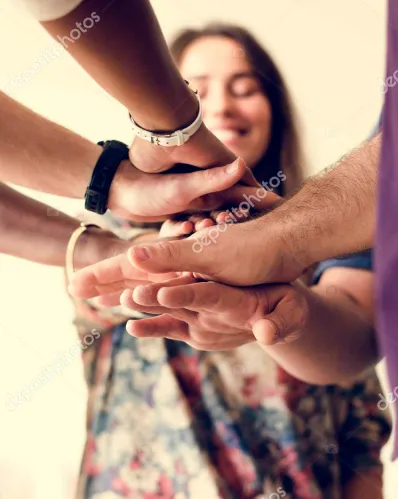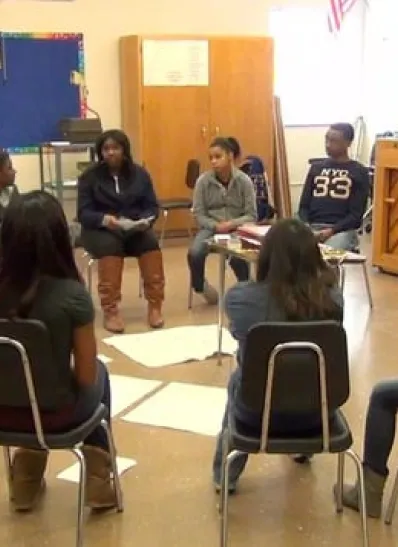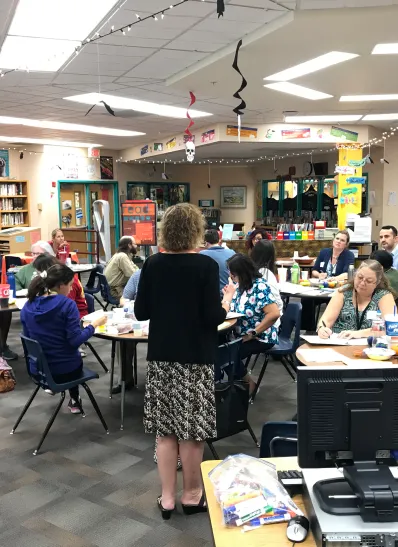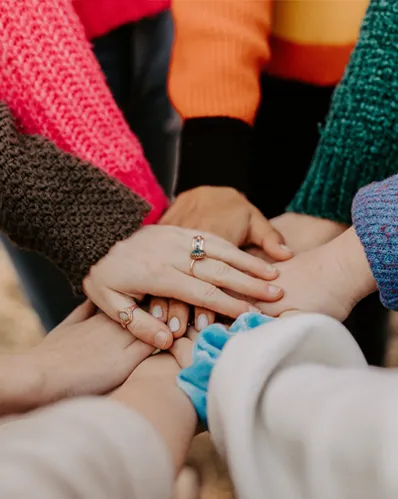Making Things Right
Restorative justice is a systemic response to wrongdoing that emphasizes healing the wounds of affected parties, responsible parties, and communities. Restorative principles and practices help:

hold the responsible student(s) accountable for his or her actions

provide those who were harmed with a safe place to share how the incident impacted them

include members of the community in developing a moral stance and helping the offending student in making things right

develop an effective alternative to the traditional system of school discipline
Restorative justice is a systemic response to wrongdoing that emphasizes healing the wounds of affected parties, responsible parties, and communities. Restorative principles and practices help:





